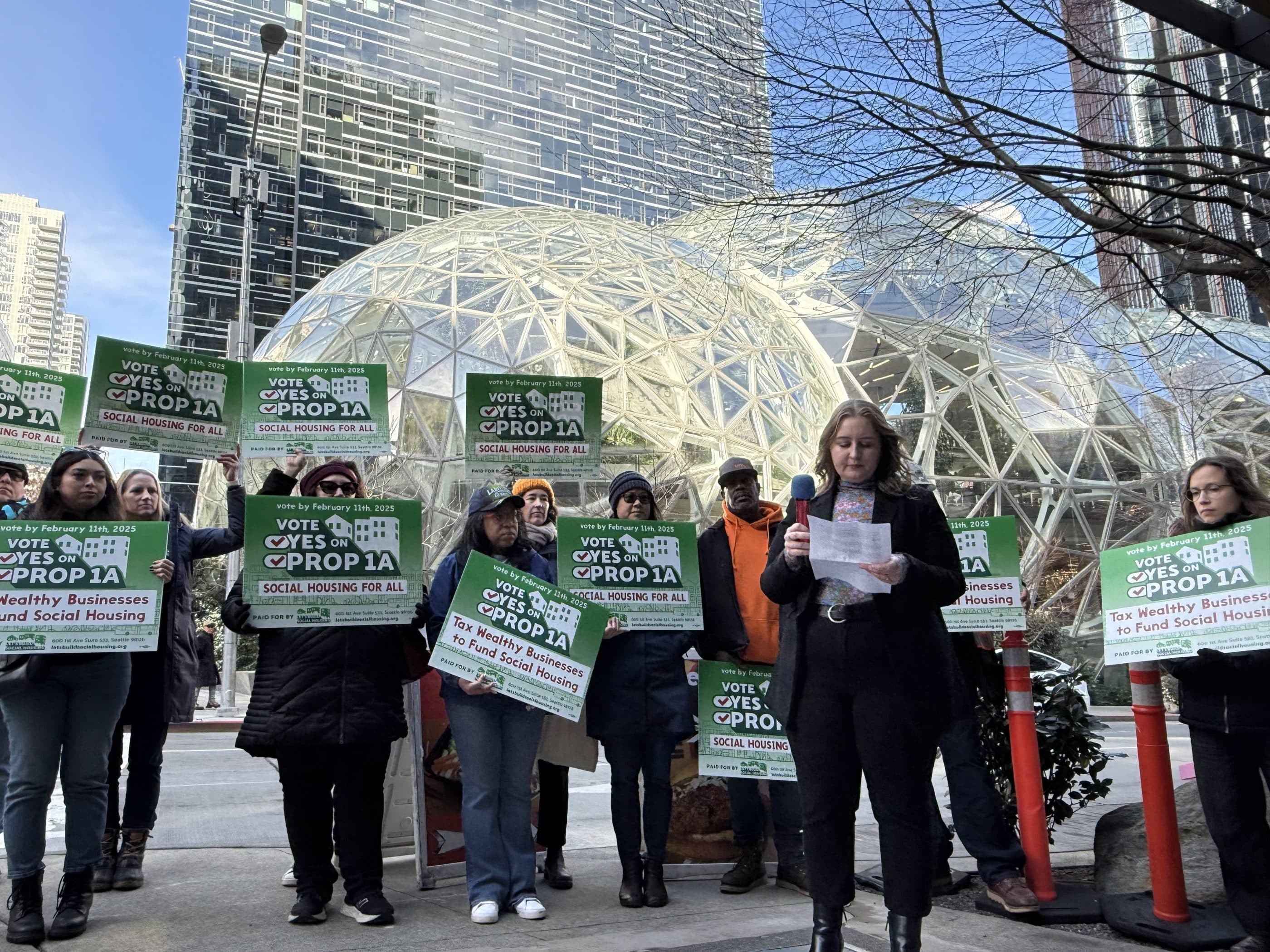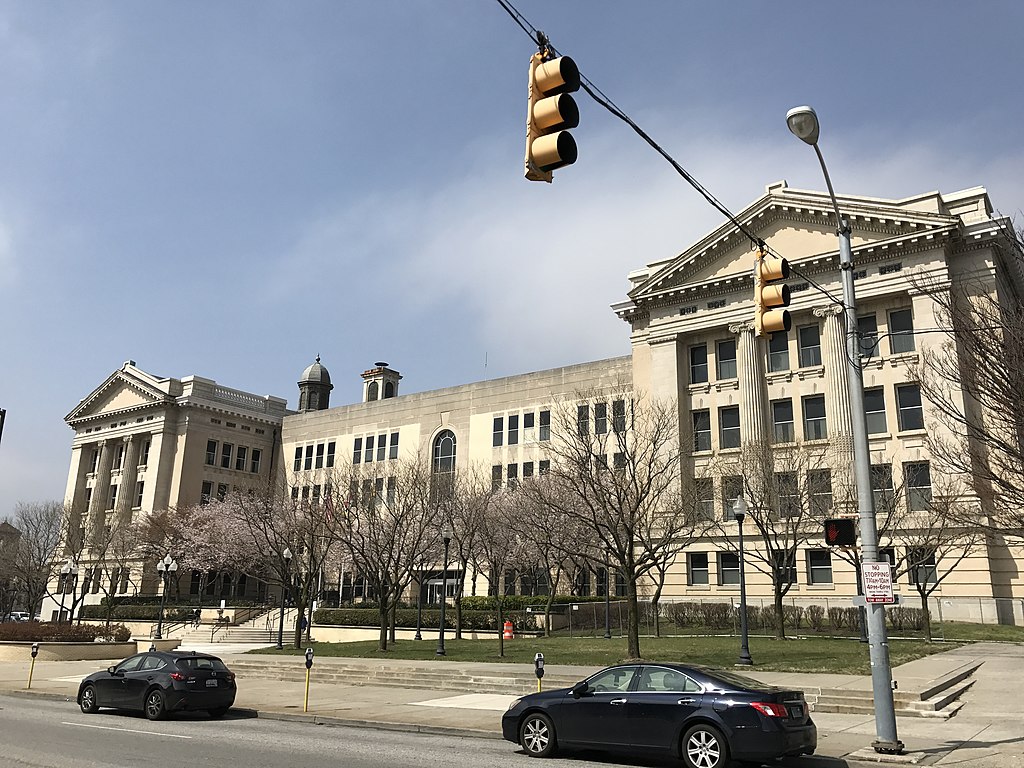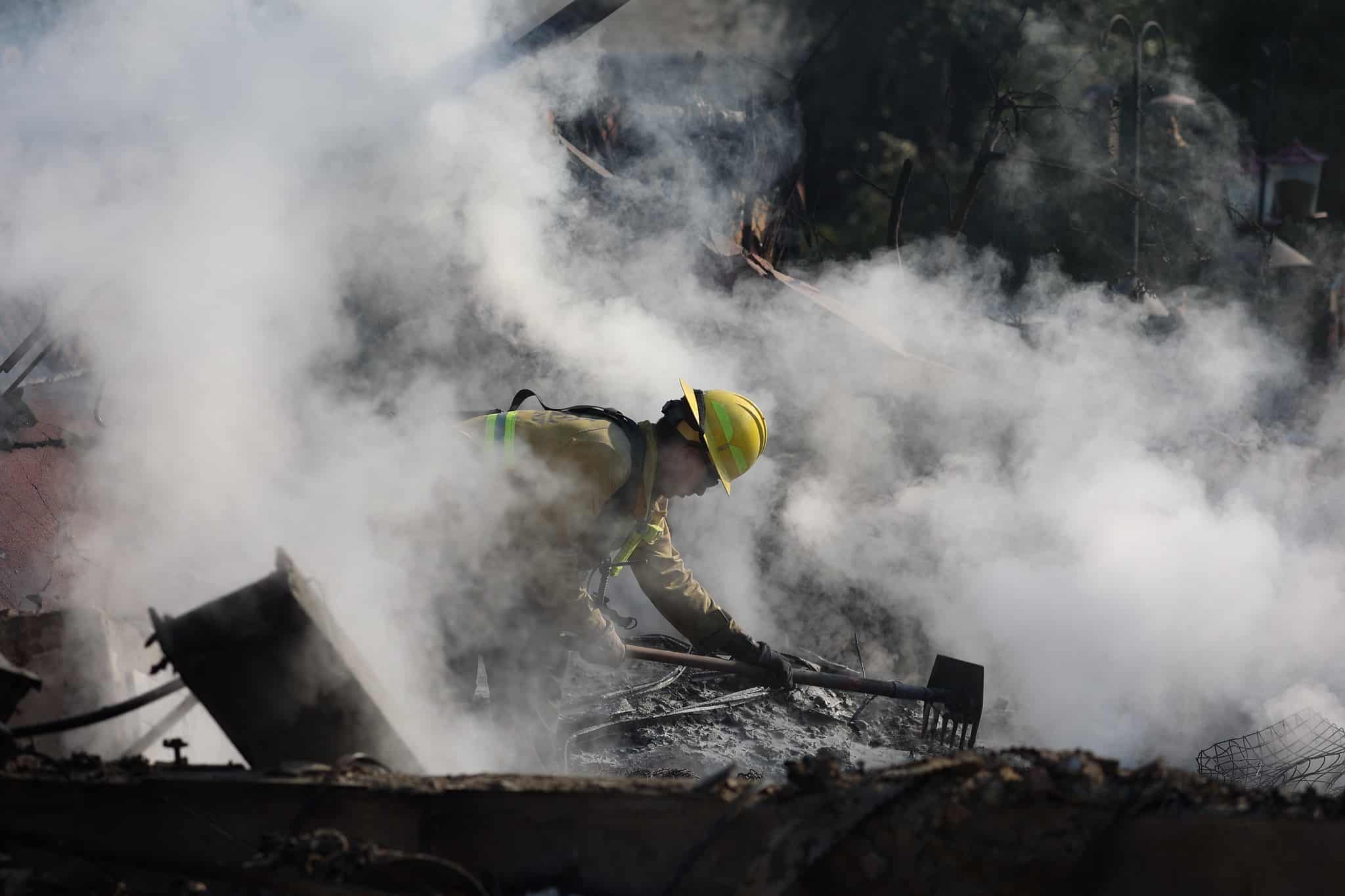
This is the fourth time HUD has conducted such a study, collecting its findings from 28 metropolitan areas.
According to the report, “When well-qualified minority homeseekers contact housing providers to inquire about recently advertised housing units, they generally are just as likely as equally qualified white homeseekers to get an appointment and learn about at least one available housing unit. However, when differences in treatment occur, white homeseekers are more likely to be favored than minorities. Most important, minority homeseekers are told about and shown fewer homes and apartments than whites.”
John Taylor, president the CEO of the National Community Reinvestment Coalition told the New York Times that “even subtle discrimination like steering minorities to certain neighborhoods or failing to offer them the homes most likely to increase in value would result in substantially weaker accumulation of wealth.”
Discrimination, though no longer the “blatant, in-your-face housing injustice” still exists, HUD Secretary Shaun Donovan says in the article.
Unfortunately, the findings are likely understated, says Margery Austin Turner, a senior vice president at the Urban Institute, as the report reflects scenarios in which minorities and whites had similar qualifications.
Philip Tegeler, executive director of the Poverty & Race Research Action Council, wrote yesterday on Huffington Post that the findings “point to the need for more fair housing testing combined with enforcement to uncover discrimination that may not be apparent to an individual family looking for housing.”
In the Spring 2011 issue of Shelterforce, John Trasviña, assistant secretary of HUD stressed the importance of solving these housing discrimination issues because “people’s access to services, people’s success in healthcare outcomes and education outcomes…come back, very often, to discrimination and housing discrimination.”
Does your organization deal with the challenges presented by these subtle forms of discrimination? Share your thoughts on the report in the comments!




I also think that housing discrimination is a factor with families living in shelters and trying to find an apartment. Have any studies be completed on this serious problem. Thank you for your outstanding articles. JJ
This flat out makes me so angry. I know that there’s always a level of inequality, but those statistics by urban institute are beyond absurd. Extremely disheartening.